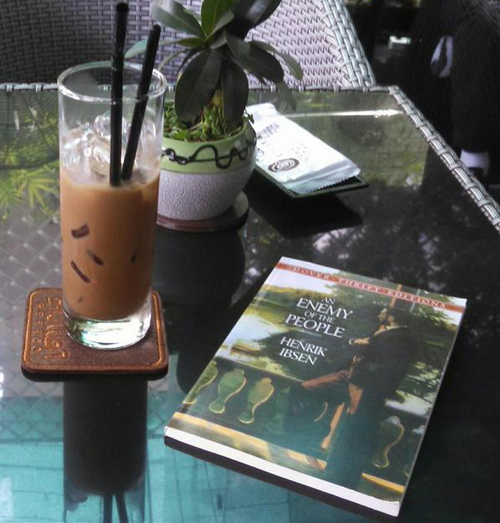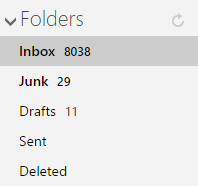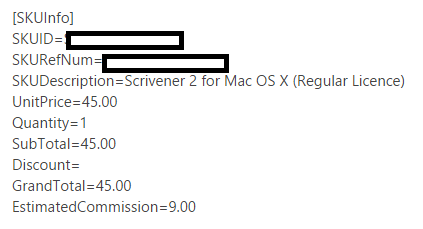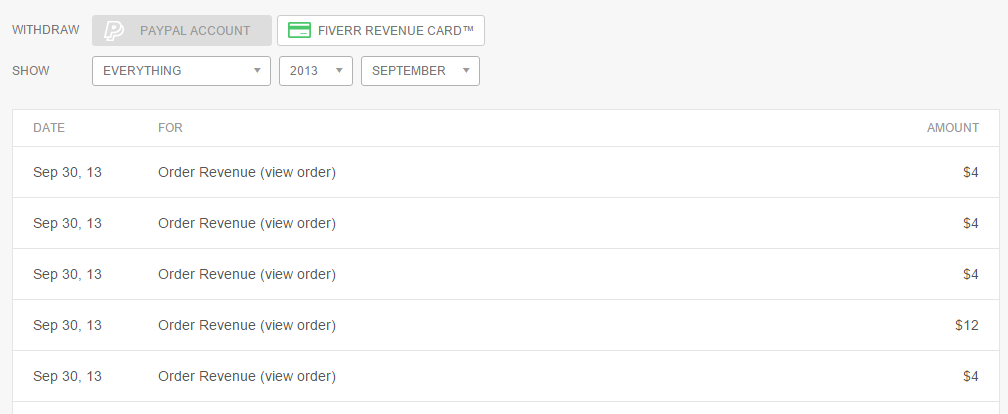 Most people set a huge goal with a very tight deadline. They want six-pack abs by Thursday and a million-dollar business by Friday afternoon. Unsurprisingly, they get frustrated and quit when things don’t go their way.
Most people set a huge goal with a very tight deadline. They want six-pack abs by Thursday and a million-dollar business by Friday afternoon. Unsurprisingly, they get frustrated and quit when things don’t go their way.
Big goals are overwhelming. They can be confusing and upsetting and often leave us so distrust that we can’t actually take any action. Whatever you’re trying to tackle ends up seeming scary and “impossible.” But there’s a solution.
If you want to set a goal and stick with it, you need to start thinking small.
How To Get Free Coffee For Life
A lot of people want to make money online, or earn “passive income.” I’ve received close to 10,000 messages from people wanting some sort of business“secret.”

(Admittedly, some of these are from Twitter and blog comments)
While there is no “secret to success,” here’s an easy way to at least get started with your side-business: Set a daily goal to earn enough to cover some small luxury item that you enjoy. This could be a cup of coffee, ice cream, books, or something else.
Setting a tiny and achievable goal like this is one of the easiest ways to learn a skill like sales or affiliate marketing. I still use this system for some of my affiliate programs like Scrivener. Every time I sell a unit I go out and buy myself an ice cream.

If you break your goal down and make it fun, you’ll have more incentive to stick with it. Beating yourself up because you want to make enough off Amazon Associates to pay the electric bill will just end in disappointment.
Going out to celebrate after you sell a product only reinforces the idea that business is fun. It makes you more excited to keep up the good work.
How To Quit Your Job And Become A Professional Writer
Before you learn how to make money as a writer, I want to tell you a little story.
When I was nineteen, I worked at a big box retail store. You got paid $10 an hour unless you’d been there for multiple years. Then you got $11. I really hated that job but it was the only source of income I had at the time. I wanted to be a professional writer, but I had no idea where to start. Like many an ill-informed doofus, I thought you had to write a novel run a popular blog to make money writing. I was wrong.
As it turned out, you could make money writing articles for other people with blogs and websites. And the easiest place to get this kind of work was on a website called Fiverr. While the work was boring, I stuck with it. Within the first week I’d make almost as much in an hour or three of freelance writing as I did all day at my regular job (I could earn about $12 an hour on Fiverr versus the $10 I got stacking pants on shelves).

(In my first serious week of freelance writing I averaged about $28 a day)
If you want to be a writer you probably aren’t going to get big gigs right off the bat. No one is going to hand you $500 to write their newsletter, or $50,000 for a sales letter. As the song says, you’ve got to pay the cost to be the boss. $12 an hour isn’t much, but it’s a step in the right direction.
What you can earn in an hour on Fiverr is more than most “lifehackers” and motivational bloggers will make in a month. During all of September, 2013, this site made less than seven dollars. Had I stuck to blogging in hopes of “making it big” I’d probably still have some crummy retail job.

If you want to be a writer, start off with some bite-sized goals. Why don’t you try getting paid a livable wage before you quit your job and start hammering out the great American novel. Or set realistic milestones towards your main objective. Your end goal might be something like “make enough writing that I can travel the world,” so set benchmarks like these:
Month One: I will earn an extra $10 a day freelance writing
Month Two: I will make enough writing to pay my rent next month
Month Three: I will earn as much writing as I do at my job
Month Four: Now that I make as much as a writer as I do at work I will quit my job
The scary goal, quitting your job, seems a lot less intense when you start with something smaller. $10 a day doesn’t sound like much, but it adds up to an extra $300 per month. You double that, $20 per day, and you’re now making $600 a month. Double it again, $40 a day, and you’re seeing $1,200 a month.
By setting small goals you take a lot of pressure off of yourself. Coming up with an extra $1,000 a month, or finding a way to quit your job isn’t as overwhelming.
Closing Thoughts
Small goals create big results. If you have no idea where to start on a project, use the tiniest task as your launching point. When you do this you make it impossible to become overwhelmed. You also make it near impossible to fail, assuring the experience is a positive one.
Before you embark on some epic task, find a way to break the workload down into manageable chucks. It will practically guarantee you succeed.